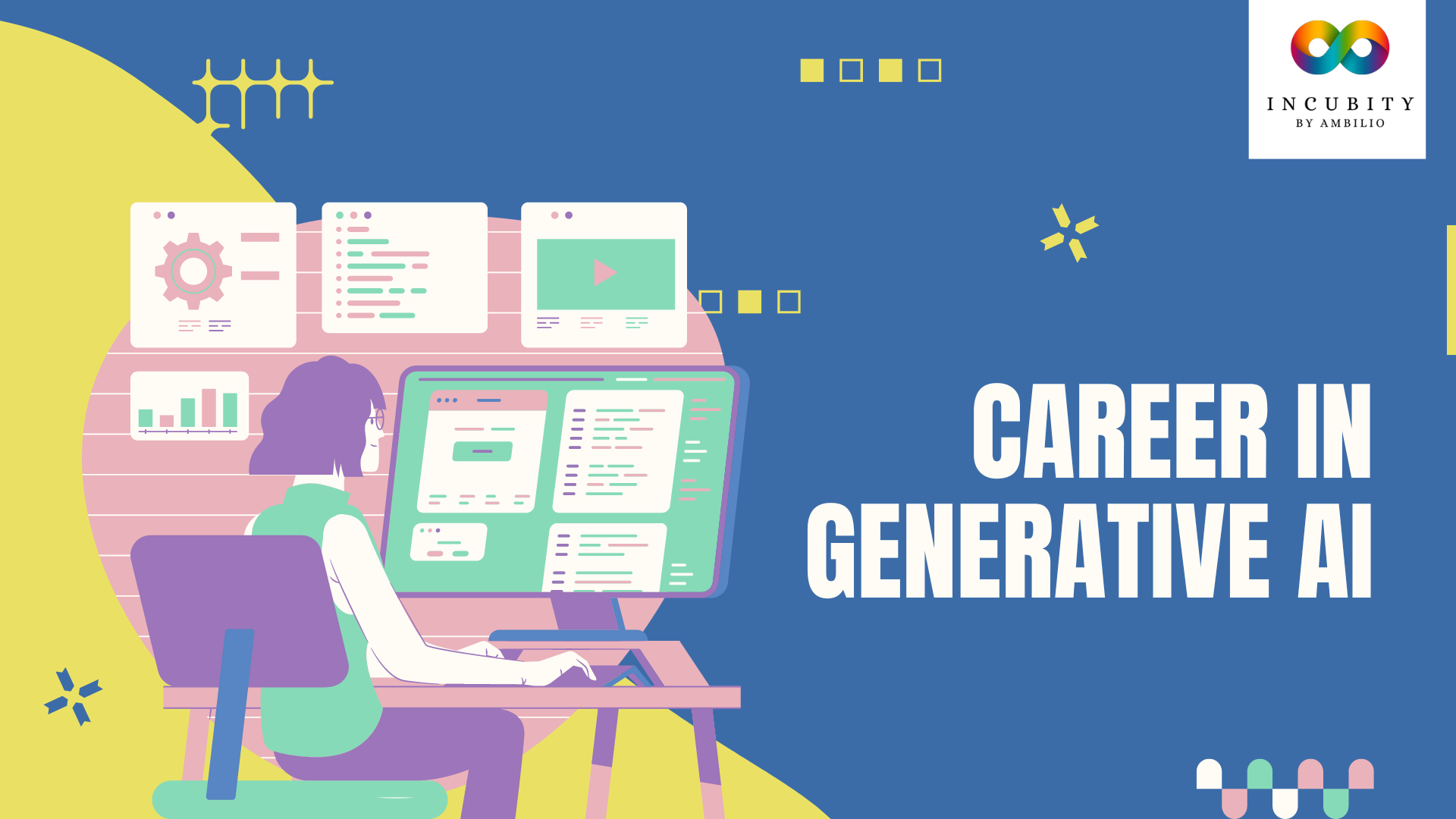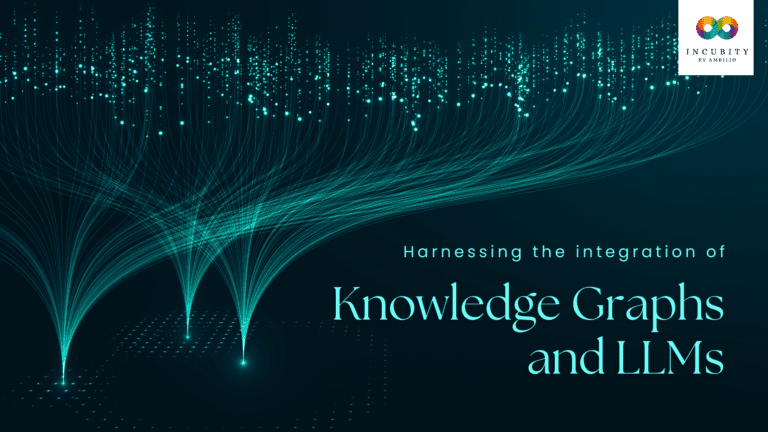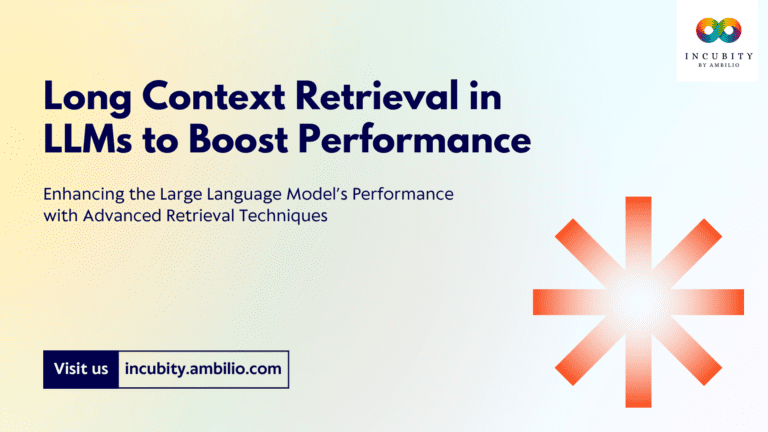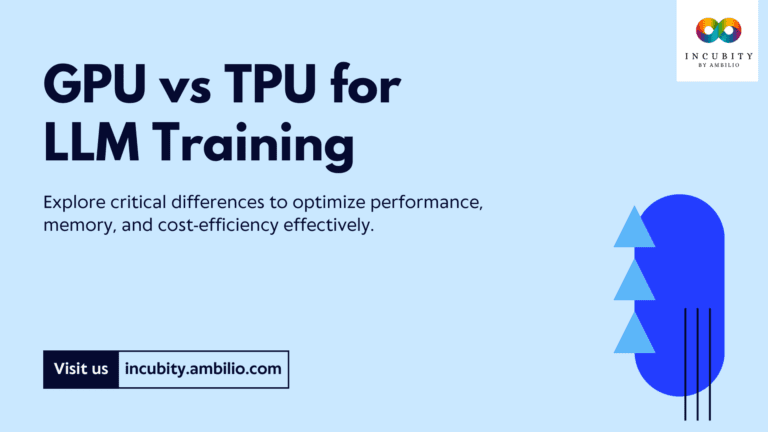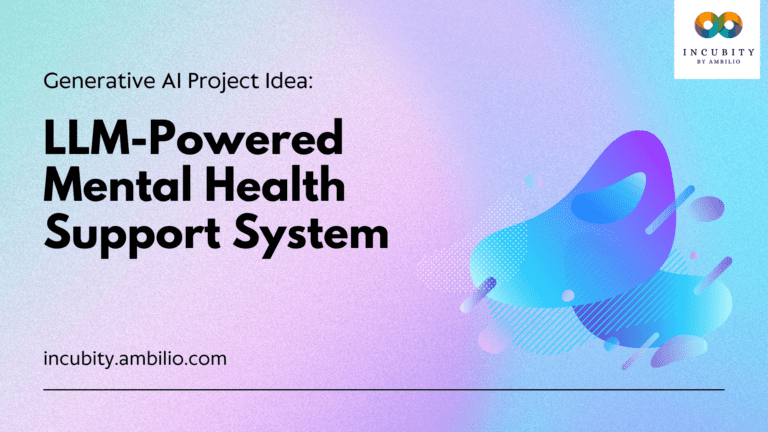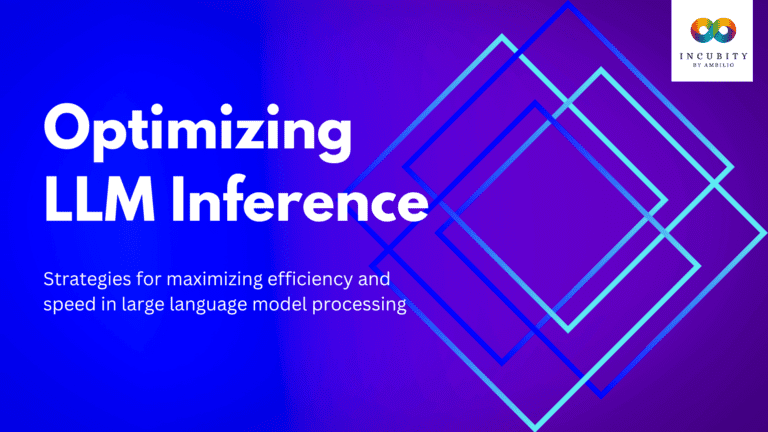A career in generative AI can be an excellent choice for those interested in using artificial intelligence to create new and innovative content. With the increasing demand for AI-generated content in industries such as art, music, and gaming, there are plenty of opportunities for professionals with expertise in generative AI. Furthermore, as AI technology continues to advance, it is likely that the demand for professionals with experience in generative AI will only increase. The ability to create new and unique content using AI will be a valuable skill for many industries in the future. Here we present coverage on how to start and make a successful career in this field.
Application Areas of Generative AI
Generative AI has a wide range of applications in various sectors. Here are some of the main application areas of generative AI in different sectors:
- Art and Design: Generative AI can be used to create art, design products, and develop graphics.
- Music: Generative AI can be used to compose new music or create remixes of existing music.
- Gaming: Generative AI can be used to create game levels, characters, and even entire games.
- Fashion: Generative AI can be used to design clothes and accessories, and even create virtual fashion models.
- Advertising and Marketing: Generative AI can be used to create personalized advertisements and product recommendations.
- Healthcare: Generative AI can be used to generate synthetic data to train machine learning models or to create virtual patient simulations.
- Finance: Generative AI can be used to generate financial models and predict stock prices.
- Robotics: Generative AI can be used to create new designs for robots, simulate robot movements, and control robot behavior.
Overall, generative AI has many applications in different sectors, and its potential uses are only limited by our imagination.
Live Masterclass Alert: Live Mastery Bootcamp: Generative AI and LLMs
Requirements for a Career in Generative AI
To secure a job in generative AI, there are some requirements that you may need to meet. Here are some of the most common requirements for a job role in generative AI:
- Education: A strong background in computer science, mathematics, statistics, or a related field is typically required for a job in generative AI. An advanced degree in one of these fields can also be beneficial.
- Programming Skills: Proficiency in programming languages such as Python, C++, and Java is essential. Familiarity with deep learning frameworks such as TensorFlow or PyTorch is also desirable.
- Knowledge of AI and Machine Learning: A deep understanding of AI and machine learning algorithms and techniques is necessary. This includes knowledge of neural networks, generative models, and other relevant concepts.
- Creativity and Innovation: A strong ability to think creatively and innovate is essential in generative AI as it involves developing new and unique content.
- Analytical Thinking: Analytical thinking skills are necessary to understand data and develop algorithms for generative AI applications.
- Communication Skills: The ability to communicate effectively with team members, stakeholders, and clients is necessary for a successful career in generative AI.
Overall, a job in generative AI requires a combination of technical expertise, creativity, and analytical thinking.
Also Check: Mastering Generative AI and LLMs: From Beginner to Black Belt
Subjects to be prepared
If you want to pursue a career in generative AI, there are several subjects that you may need to prepare for. Here are some of the most important subjects to study:
- Mathematics: Mathematics is essential for understanding the concepts and algorithms used in generative AI. Topics such as linear algebra, calculus, probability theory, and statistics are particularly relevant.
- Computer Science: A strong foundation in computer science is essential for implementing and working with generative AI algorithms. This includes knowledge of programming languages, data structures, algorithms, and software development practices.
- Artificial Intelligence and Machine Learning: Knowledge of AI and machine learning algorithms and techniques is necessary for developing generative AI applications. This includes knowledge of neural networks, generative models, and other relevant concepts.
- Creativity and Design: Creativity and design skills are necessary for developing unique and innovative generative AI applications in fields such as art, music, and fashion.
- Data Science: Data science skills are essential for working with large datasets and developing data-driven generative AI applications.
- Communication and Collaboration: The ability to communicate effectively with team members, stakeholders, and clients is necessary for a successful career in generative AI. Collaborative skills are also essential for working effectively in interdisciplinary teams.
Overall, a combination of technical expertise, creativity, and collaboration skills are necessary for a successful career in generative AI.
Required Working Experience
The amount of working experience required to start a career in generative AI can vary depending on the specific job and industry. However, typically, a good level of expertise in AI and machine learning, as well as practical experience in implementing generative models, is needed.
Many entry-level positions in generative AI require at least a bachelor’s degree in computer science, mathematics, or a related field, as well as some practical experience in programming, data analysis, and machine learning. Some candidates may have completed internships or worked on personal projects related to generative AI, which can also be beneficial.
For mid-level or senior-level positions in generative AI, several years of relevant work experience are typically required, as well as expertise in implementing and managing complex generative AI systems. Candidates with advanced degrees in computer science or related fields may have an advantage in securing these types of positions.
Overall, while the specific amount of experience required to start a career in generative AI may vary depending on the job and industry, it is important to have a solid foundation in AI and machine learning, as well as practical experience in implementing generative models, to be successful in this field.
What is the Salary offered?
The salary offered to generative AI professionals can vary depending on several factors, such as location, job title, level of experience, and industry. Generally, however, generative AI professionals are in high demand, and salaries in this field are typically very competitive.
According to Payscale, the average salary for a machine learning engineer, which is a closely related field to generative AI, is around $112,000 per year in the United States. However, this figure can vary widely depending on the specific job title and level of experience. For instance, entry-level machine learning engineers may earn an average of $80,000 per year, while senior-level engineers can earn up to $180,000 per year or more.
In addition, generative AI professionals may be able to earn additional compensation through bonuses, stock options, or other incentives, depending on their employer and job title.
Overall, generative AI professionals can earn very competitive salaries, especially as the demand for skilled AI and machine learning professionals continues to grow in industries such as technology, healthcare, and finance.
Can Freshers Start a career in Generative AI?
Yes, a fresh graduate can certainly start a career in the generative field. While some jobs in this field may require a few years of relevant work experience, there are many entry-level positions available for recent graduates, particularly those with a strong background in computer science, mathematics, and artificial intelligence.
Many companies offer internships or co-op programs that allow recent graduates to gain practical experience in generative AI and related fields while working alongside experienced professionals. These programs can be an excellent way to build skills, make professional connections, and gain exposure to the latest techniques and tools in the field.

